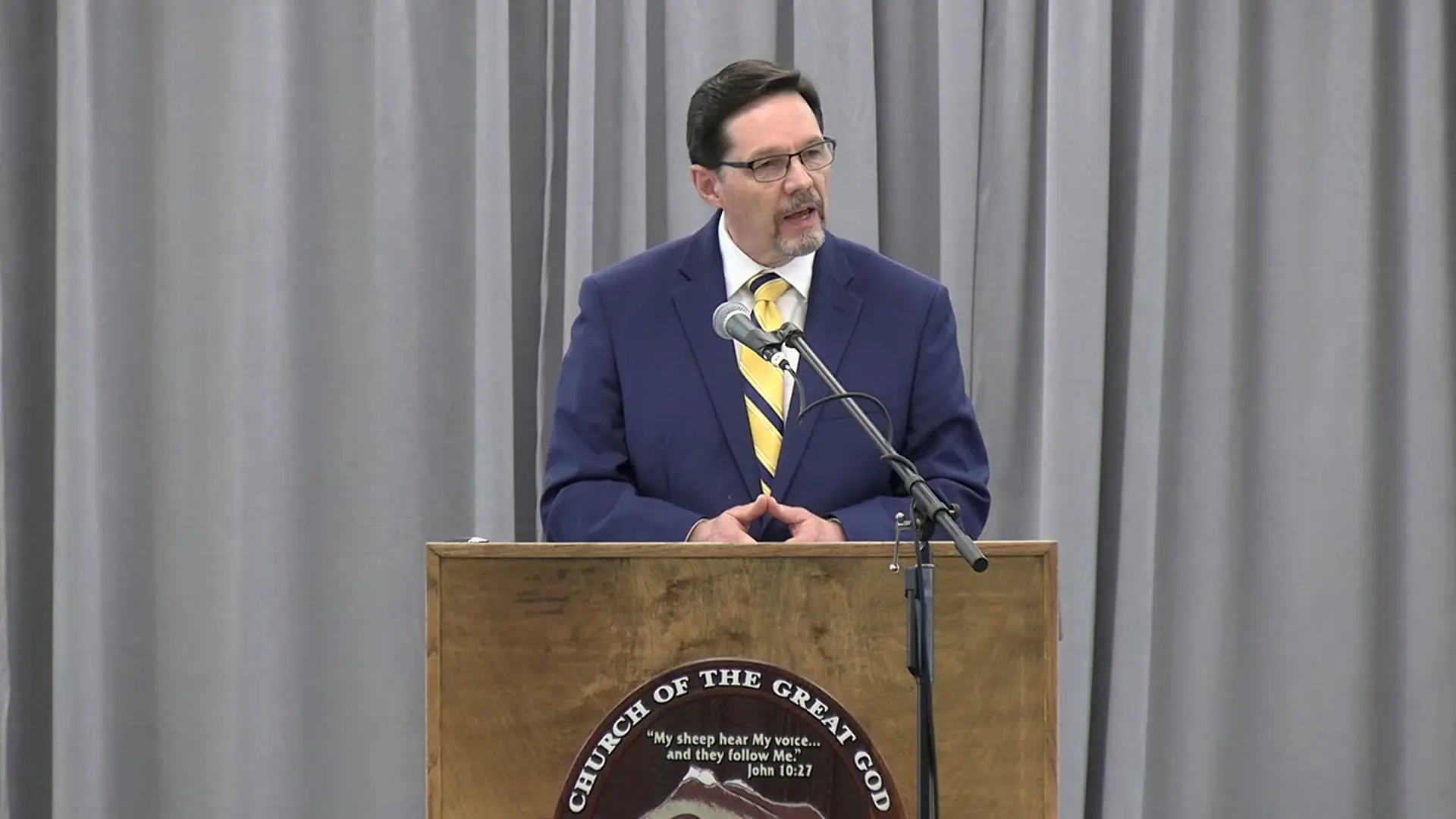Filter by Categories
Have You Had Your Manna Today?
'Ready Answer' by StaffGod provided manna to the children of Israel in the wilderness as a daily sustenance when they ran out of food, appearing as a small, whitish seed-like substance on the dew each morning. This manna served as a type of the true bread from heaven, Jesus Christ, who declared Himself the bread of life. Just as the Israelites gathered manna daily, so must spiritual nourishment be sought each day through the Word of God. God made sure the Israelites could not store manna overnight, as it would spoil, emphasizing the need for fresh gathering every morning before the sun grew hot, lest it melt away. Similarly, the spiritual manna of God's Word must be sought early and daily to remain fresh and effective. The Israelites ate manna for forty years, sustaining them through their time of testing in the wilderness. Some grew tired of it, but it remained their sole source of nourishment from God. This illustrates that throughout life's trials, one must ingest God's Word daily without relying on a variety of spiritual sources. The lesson persists that spiritual food, like manna, is vibrant and life-giving, adaptable to individual needs, and must not be taken for granted. The hidden manna symbolizes a future reward for those who faithfully partake of God's bread daily. It pictures a close, eternal relationship with Christ, being one with Him on His throne, and feeding forever on His empowering words in the innermost part of His Temple.

The Seven Churches (Part Five): Pergamos
Bible Study by Richard T. RitenbaughIn the evaluation of the church in Pergamos, Jesus Christ offers a promise to those who repent and overcome. To these faithful ones, He will grant the privilege of eating the hidden manna, a symbol of God's Word that is concealed from the world and provides exclusive spiritual nourishment through His Spirit. This hidden manna sustains the soul and supports spiritual life, setting it apart from the manna that was openly spread on the ground for Israel to gather. Additionally, He will give a white stone, signifying innocence and divine forgiveness, a token of absolution and grace to enter God's Kingdom. Engraved on this stone is a new name, known only to the recipient, reflecting the holy character developed through repentance and perseverance. These gifts, though special, are accessible to all who truly follow Him.
Letters to Seven Churches (Part Four): Pergamos
Sermon by Richard T. RitenbaughIn the letter to the church in Pergamos, as found in Revelation 2:12-17, Christ promises hidden manna to those who overcome. This hidden manna likely refers to the manna God provided to the Israelites in the wilderness, a portion of which was placed in the Ark of the Covenant under the Mercy Seat, symbolizing God's throne and judgment. This connection suggests that the hidden manna represents a beneficent judgment from God, offering grace to the faithful. It also implies a deeper union with Christ, pointing to the act of eating as a symbol of participation in the Marriage Supper of the Lamb. Furthermore, the hidden nature of this manna indicates that it is revealed and offered only to God's elect, signifying an intimate relationship with Him in the Kingdom of God.
Letters to Seven Churches (Part Eight): Overcoming
Sermon by Richard T. RitenbaughEach of the letters in Revelation 2 and 3 speak of overcoming. By examining those churches, we can understand what we are up against and what we must do.

The Eternal Privileges of the Bride
Feast of Tabernacles Sermon by Martin G. CollinsJust as a bride gains a new identity, name, and inheritance through marriage, God's chosen saints, share Christ's very life, glory, and eternal prospects.
Four Views of Christ (Part 1)
Sermon by John W. RitenbaughIn the typology of the four living creatures (Revelation 4:6-8) lies the foundation for understanding the gospels as four representations of the same Life.